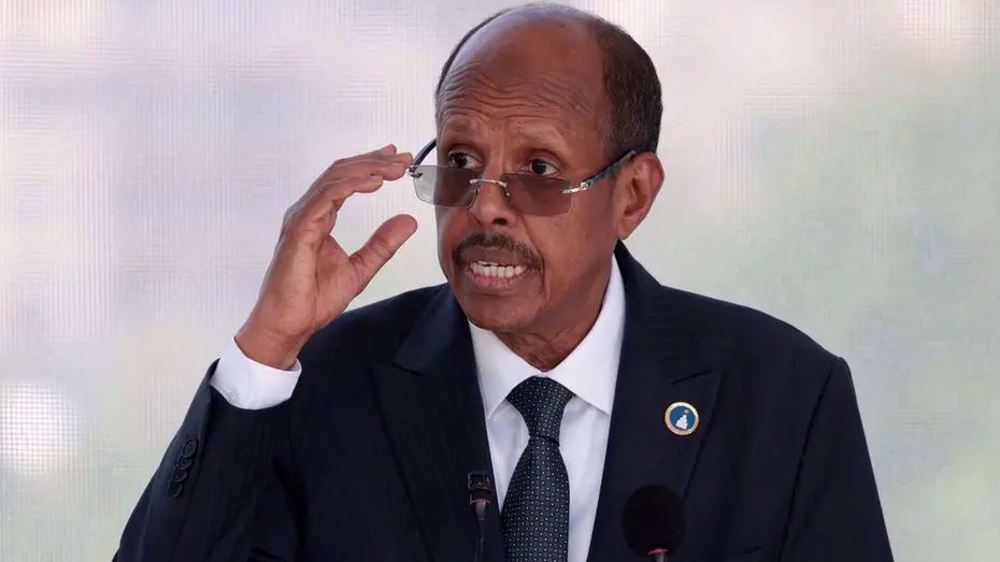UN, African Union urge Gambian rule to respect vote results
The United Nations and the African Union have urged the Gambian president to pave the way for a peaceful transfer of power to his successor a day after he rejected results from the recent presidential election in the country.
The December 1 polls saw President Yahya Jammeh narrowly losing to Adama Barrow, the candidate sent into the contest by a coalition of opposition groups.
Jammeh, who has ruled the African country for more than two decades, initially accepted defeat in a surprise announcement, which he later withdrew.
On Saturday, UN Secretary General Ban Ki-moon and the world body’s Security Council called on him not to stand in the way of the long-sought power transition.
Ban said he was “dismayed” by Jammeh’s U-turn. The 15-nation Security Council, also urged the longtime ruler to “respect the choice of the sovereign people of The Gambia.”
The African Union also called Jammeh’s statement “null and void.”
The Economic Community of West African States (ECOWAS) sent Liberian President Ellen Johnson Sirleaf to Gambia to defuse the crisis, but he was barred from entering the country.
“Johnson Sirleaf was supposed to fly in today, but Jammeh said ‘not at the moment,’” said Senegal’s Foreign Minister Mankeur Ndiaye.
Meanwhile, the Gambian president-elect said, “The outgoing president has no constitutional authority to reject the result of the election and order for fresh elections to be held.”
“I open up a channel of communication to convince him to facilitate a smooth transfer of executive powers in the supreme interest of this country,” he said.
Senegal, a non-permanent member of the Security Council, has requested a meeting to discuss the crisis, which could be held on Monday, diplomats said.
In a separate statement, the European Union also called for a peaceful power transition in Gambia.
VIDEO | Third round of Iran-US nuclear talks concludes in Geneva
Geneva talks: Iran signals firm resolve, rejects US pressure, proceeds with cautious optimism
Iran urges Afghanistan, Pakistan to hold dialogue amid new escalation
US will suffer ‘massive losses’ in case of new war: Iraq's Kata’ib Hezbollah
Normalization increases cost of defeating Israel, Yemeni leader warns
Activists announce 'Freedom and Sumud Flotilla' to challenge Gaza blockade
VIDEO | Rome residents demand end to ties with Israeli firms
VIDEO | Pakistan Senate condemns ‘hexagon of alliances’ as Indian PM visits Israel















 This makes it easy to access the Press TV website
This makes it easy to access the Press TV website